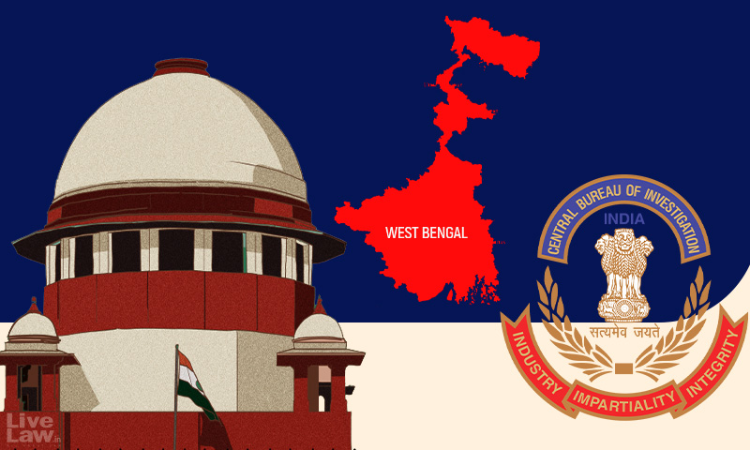The Central Government has told the Supreme Court that State of West Bengal's claim that it has the competence to undertake a blanket withdrawal of all powers of investigation from the CBI is without substance. "That the power of the State Government to give consent for an investigation by the CBI, cannot and would not include a right of an omnibus power, to pass over-arching...

